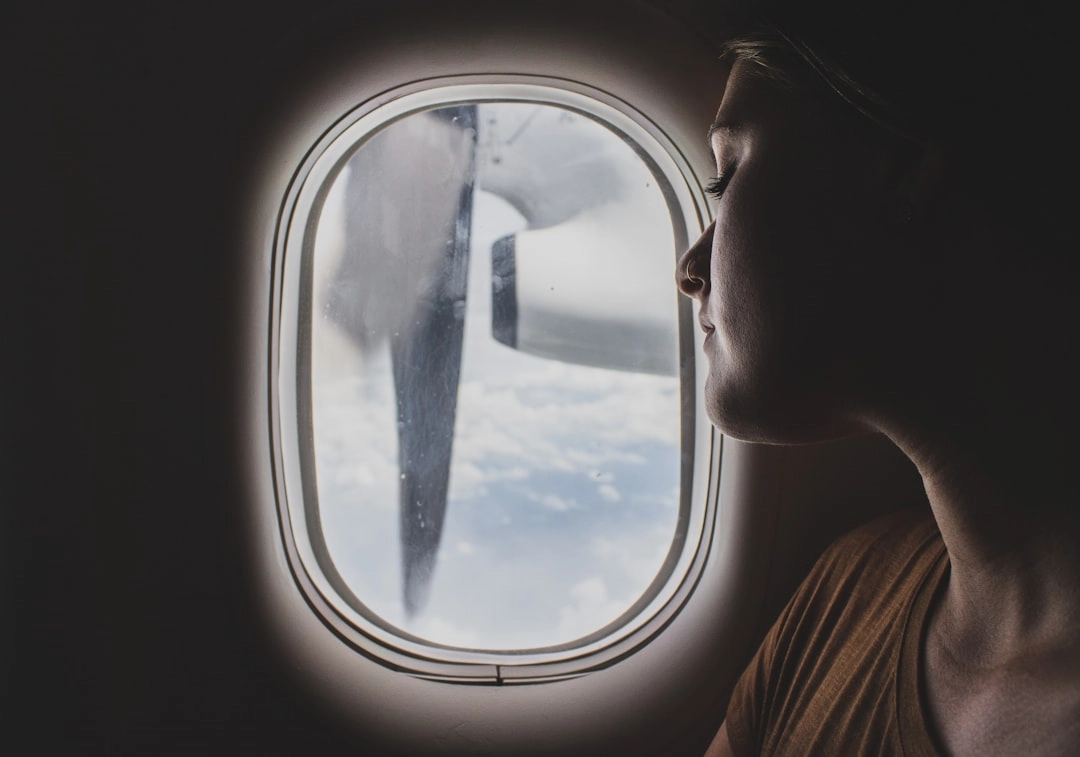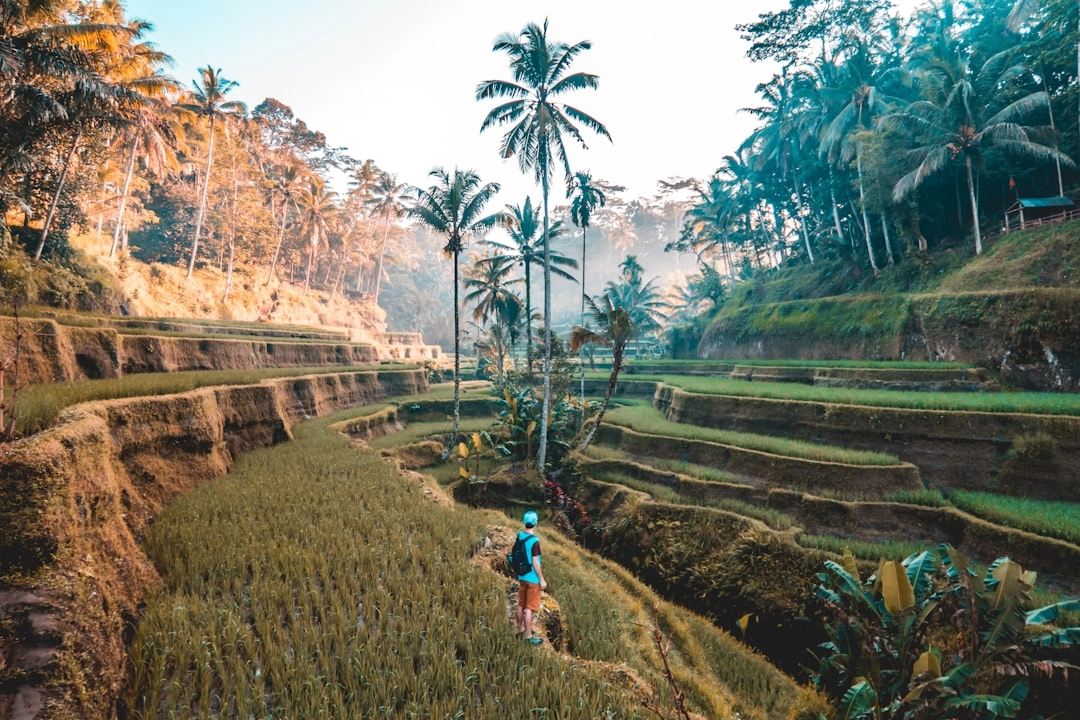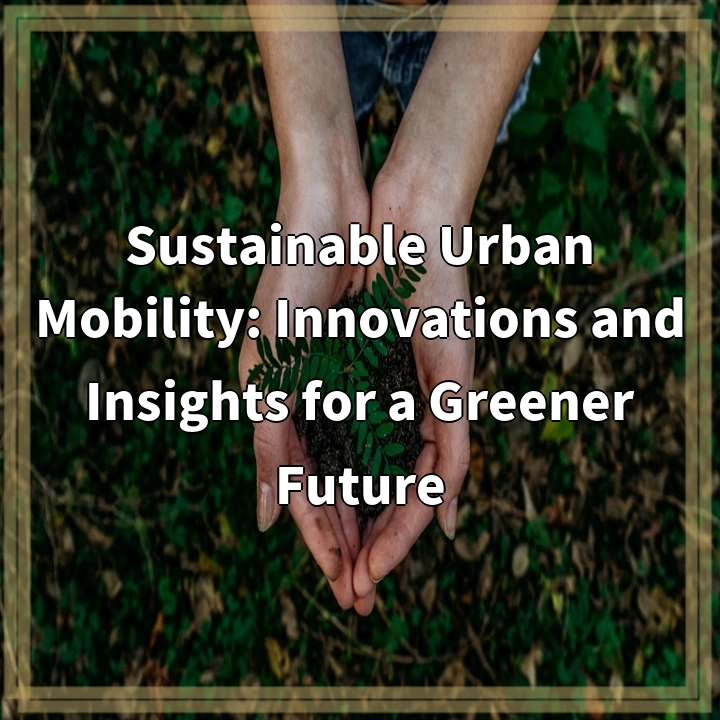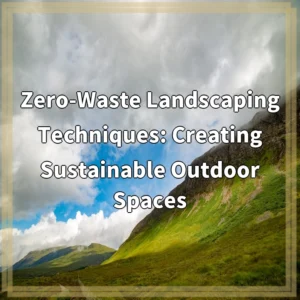What is Sustainable Luxury: Redefining Travel Experiences?
Luxury travel experiences are traditionally associated with opulence, indulgence, and excess. However, a new wave of sustainable luxury is emerging, redefining the way we experience travel. Sustainable luxury encompasses the idea of experiencing luxury while minimizing our impact on the planet and supporting local communities. It emphasizes ethical practices, environmental responsibility, cultural immersion, and personal well-being.
The Real-World Problems Associated with Sustainable Luxury
While sustainable luxury travel experiences offer numerous benefits, there are also real-world problems that need to be acknowledged and addressed. These challenges include:
1. Greenwashing
One of the main problems associated with sustainable luxury is the risk of greenwashing. Greenwashing occurs when businesses mislead customers by presenting their products or services as more sustainable than they actually are. This can lead to confusion and a lack of trust in the industry, making it crucial for travelers to do their research and critically assess sustainability claims.
2. Accessibility and Affordability
Sustainable luxury travel experiences often come at a higher price point, posing challenges in terms of accessibility and affordability for a wider audience. The high costs may limit the number of people who can enjoy these experiences, potentially exacerbating inequalities in the travel industry. It is important to explore strategies that make sustainable luxury more accessible and affordable for a broader demographic.
3. Balancing Luxury and Sustainability
Finding the right balance between luxury and sustainability can be a complex task. Luxury travel experiences often involve high-energy consumption, luxury amenities, and excess waste. Achieving true sustainability requires careful consideration of every aspect of the travel experience – from transportation and accommodation to dining and activities. It is important for luxury travelers to seek out options that provide the highest level of comfort while minimizing their environmental footprint.
4. Stakeholder Engagement
Engaging all stakeholders, including hotels, travel operators, and local communities, is essential for sustainable luxury in travel experiences. Collaboration is necessary to develop and implement sustainable practices, ensure fair treatment of local communities, and promote economic and social benefits within the destinations. Encouraging meaningful dialogue and creating partnerships can drive positive change and ensure sustainable luxury experiences have a lasting impact.
5. Overcoming Consumer Expectations
Consumer expectations play a significant role in shaping the sustainable luxury travel industry. Overcoming the desire for excess and addressing the belief that luxury travel is inherently unsustainable can be a challenge. Educating consumers about the possibilities of sustainable luxury, promoting responsible travel choices, and showcasing the benefits of ethical practices are essential for the ongoing transformation of travel experiences.

Solutions for Sustainable Luxury Travel Experiences
1. Enhancing Transparency and Accountability
To combat greenwashing, it is important for businesses to be transparent about their sustainability efforts. Certifications and third-party audits can help establish credibility and build trust with consumers. Implementing clear reporting mechanisms and providing access to information on environmental and social impacts can ensure accountability and encourage responsible practices.
2. Promoting Education and Awareness
Increasing awareness about sustainable luxury travel and its benefits is key to changing consumer expectations. Educating travelers about the environmental, social, and cultural implications of their choices can empower them to make more responsible decisions. Collaboration between industry stakeholders, media, and influencers can help promote the concept of sustainable luxury and highlight its positive impact.
3. Innovating for Sustainability
Investing in research and development to find innovative solutions is crucial for the sustainable luxury travel industry. This includes improving energy efficiency, reducing waste, and adopting environmentally friendly technologies and practices. Encouraging innovation can lead to more sustainable modes of transportation, eco-friendly accommodations, and luxury amenities that minimize environmental impact.
4. Advocating for Inclusivity and Fairness
To address the challenge of accessibility and affordability, it is important to advocate for inclusivity and fairness within the industry. This involves creating opportunities for diverse groups of travelers to experience sustainable luxury, such as offering different price ranges or introducing initiatives that benefit local communities. Collaboration with governments, NGOs, and community organizations can help bridge the gap and ensure that sustainable luxury is not limited to a privileged few.
5. Fostering Partnerships and Collaboration
Ensuring stakeholder engagement is crucial for sustainable luxury travel experiences. Establishing partnerships between hotels, travel operators, local communities, and NGOs can lead to the development and implementation of sustainable practices. By working together, stakeholders can share knowledge, resources, and best practices, leading to more meaningful and impactful sustainable luxury experiences.













